How to Sell Your Dental Practice
So you’ve decided to put your dental practice for sale, but you aren’t sure how to go about it. Like any business decision, knowing how to sell your dental practice requires careful planning and consideration. Finding a buyer is only half the challenge as you want to make sure you’re getting the right offer.
At best, you flip your business into a huge chunk of your retirement fund. At worst, you end up selling your dental practice way below its value. Your goals should be to maximize your returns and put yourself in the best position to succeed.
To prepare for your transition, we’ll tackle some of the most important considerations on selling your dental practice.
1. Plan ahead
The first thing you need to do is to plan ahead of time. Seasoned entrepreneurs know that selling a business isn’t an overnight process, which is why they prepare in advance so they can weigh their options. Often, the decision to sell your dental practice relies on your financial outlook.
Take a look at your investment, cash, and retirement accounts. This will help you determine if you can afford to sell your dental practice and when you should sell it. Those with enough assets don’t need to dabble with the “what ifs” so long as they can scale down their lifestyle (think selling a smaller property or moving to a smaller home).
Do not rush the process. It may be tempting to grab the first offer, but chances are you’re leaving plenty of money on the table. Wait for other opportunities to come in so you can take the most reasonable offer possible.
If you own a large dental practice, you have the option of selling half the business to a partner. From there, you can continue to work for a couple more years until you decide to fully cash it in.
2. Manage your expectations
It’s quite easy to think that your practice is worth a lot of money. After all, you’ve spent all those years building it into a successful business. But the one downfall for many dental practice owners is their inflated view of what their business is truly worth.
Be realistic with the valuation. Keep in mind that valuations are based on objective measures and sentiments aren’t accounted for. Just because your practice is making half a million in the past two years, it doesn’t mean your business is worth half a million as well.
There are plenty of methods to value a dental practice, but the most commonly used one is the income-based practice valuation method. This approach relies on the previous, existing, and future cash flows of the practice. Your net operating income is divided by your capitalization rate to determine an accurate market value.
A lot of things go into the valuation of a dental practice. The more knowledgeable you are, the better you’ll be at making a financial decision. Asking an experienced dental broker for help can simplify the valuation process and eliminate the headaches that come with it.
3. Do not capitalize
If you wish to maximize the value of your dental practice, you should have zero outstanding leases. The last thing a buyer wants is to shoulder financial commitments after the keys have been turned over. When you own all of the equipment in your practice, it makes it much more attractive in the eyes of buyers knowing they won’t have to incur any capital expenses.
Let’s say you spend $100,000 on dental equipment and you plan on selling it in a year. You have to understand that the equipment is your cost and not the buyer’s. The expense won’t add up to the sale price even if you bought it outright before selling your practice.
There are instances where additional equipment can benefit dental practice owners. For example, if there’s an extra dental chair that’s unused in your practice, buyers will view it as an opportunity to grow your business without needing to invest in a new one.
4. Invest in what’s necessary
In this day and age, buyers know exactly what they’re looking for in a dental practice. As a seller, it’s your job to meet their expectations. Like they always say, first impressions last, and the practices that are in great shape are the ones that command top dollar.
If a potential buyer is already thinking about the additional costs beforehand, then your practice’s value will drop. Things like an outdated facility, lack of technology, and worn-out equipment will undoubtedly affect your positioning in the marketplace.
This is where you make the necessary investments in your practice. Evaluate your practice and determine which areas need the most improvement. Remember, it’s called reinvestment for a reason and strategic facility enhancements will go a long way towards making your practice more appealing to buyers.
5. Keep the staff intact
It’s a common arrangement for previous owners to work in a part-time role after a sale has been made. This is because prospective buyers are worried about losing patients due to ownership changes. By staying temporarily, you promote continuity and help retain the value of the buyer’s new asset.
Ideally, your staff should remain intact as well. Your team knows how your practice operates and they have experience working with your existing patients. It’s super important that you discuss your plans with your staff so that they know what to expect when the business is sold.
It’s rare for a potential buyer to look for new staff members when buying a dental practice. This is because patient relationships are crucial to the success of the business and starting from scratch can be quite challenging.
How long will it take to sell a dental practice?
When it comes to selling your practice, it’s important to plan your next move while waiting for the sale to be completed. Some dentists sold their practice as fast as 6 months, while others waited for at least two to five years to complete the sale.
The reality is there’s no set timetable on how long it will take to sell a dental practice. However, you can get a good idea based on a couple of factors and these are:
1. The location of your practice
Where your practice is located will play an important role in the speed of the sale. A practice situated in a prime area will attract more buyers compared to one that’s in a remote location.
New practice owners want a business location where they can turn it to their advantage. Is your dental practice accessible? Is the competition stiff within the area your practice is located? Things like visibility, pedestrian activity, and parking availability are highly preferred as these make your practice appealing to potential buyers.
But that’s not to say that a dental practice in a remote location will take forever to sell. If your practice focuses on cosmetic dentistry and none of the nearby cities offer them, there’s a good chance someone will call you.
As long as there’s a demand for your services, you’ll be able to sell your practice in under two to five years.
2. Your practice’s annual collections
The amount of money your dental practice makes annually is another factor that buyers strongly consider. The numbers here will give buyers an idea of the revenue they can generate, thus affecting your speed of sale. If they feel that your business has great potential, they are likely to initiate an offer.
This is why it’s a good idea to sell your dental practice when business is booming. Being able to show excellent numbers year in and year out is a major selling point that you can use to sell your business fast. A decline in your annual collections raises concerns for potential buyers, so keep that in mind when selling your practice.
3. How your dental practice is marketed
Marketing is crucial to the success of your transition. Thankfully, marketing your dental practice has never been easier. Internal marketing is still relevant in today’s age and external marketing efforts can help accelerate the sale process.
Make sure your dental practice is advertised in the right places. There are plenty of websites out there that will connect you to the right audience so ask your peers for recommendations and do your research on where you should advertise your practice.
4. The experience of your dental broker
When you hire a dental broker, you’re not just seeking expert advice. Dental brokers oversee the entire sales process to guarantee a successful transition. They’ll give you a fair value of your practice, link you to interested buyers, and handle the legal complications involved in selling your dental practice.
You want to hire a broker that has a proven track record in transitioning a dental practice. That way, you’ll have a better chance of selling your practice sooner rather than later.
In summary
A lot goes into selling a dental practice. Whether you’re transitioning to retirement or looking for a new business venture, it helps to prepare for your next big move. Selling your practice has enormous implications and you want to make sure you get it right.
In the end, it’s a matter of positioning yourself in the market the best way you can. A good deal of planning will go a long way towards securing your financial standing now and in the future.


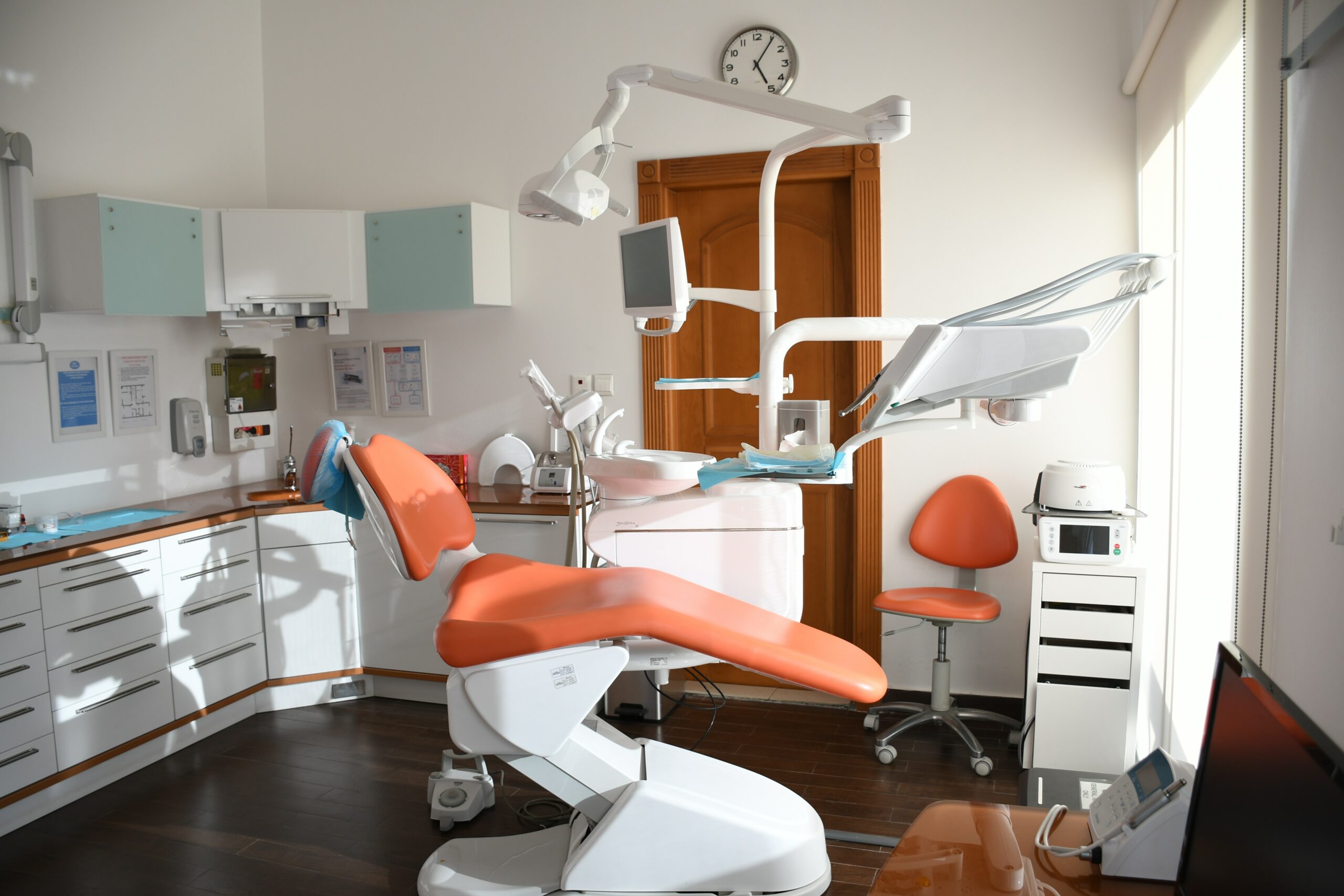
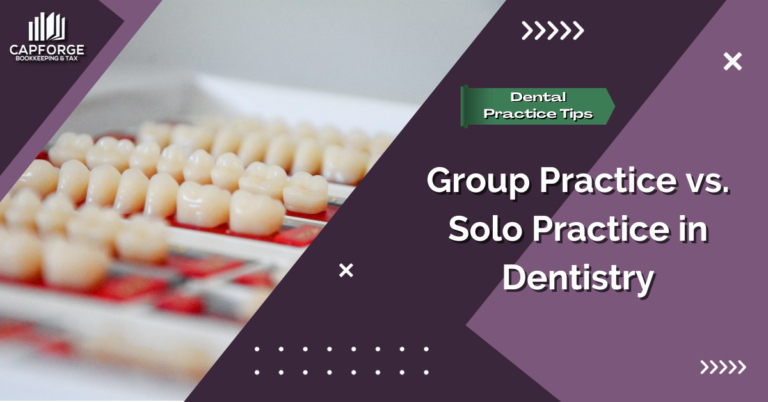
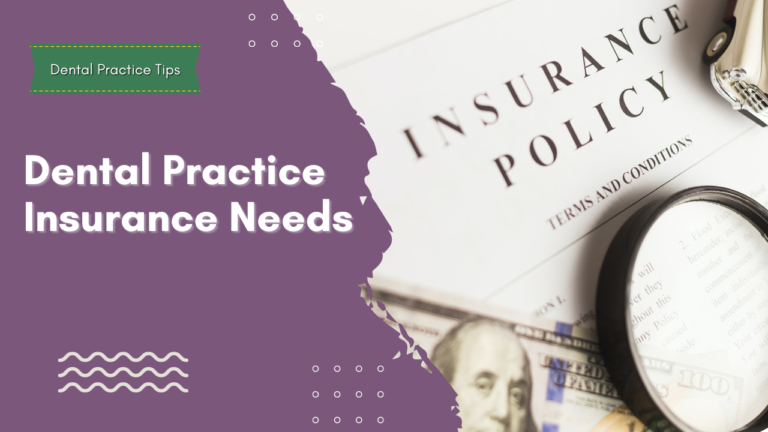
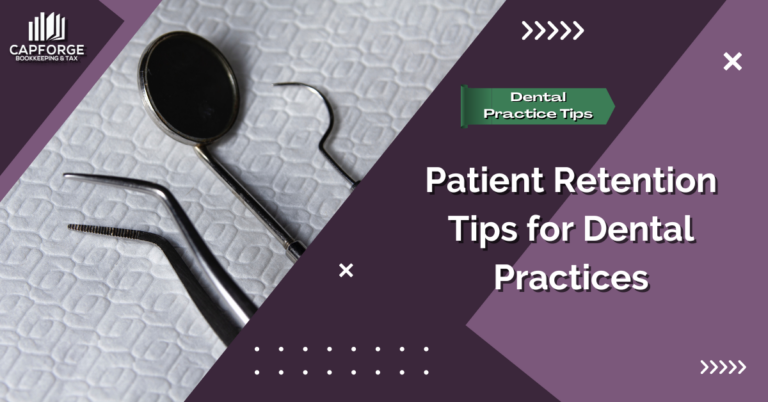
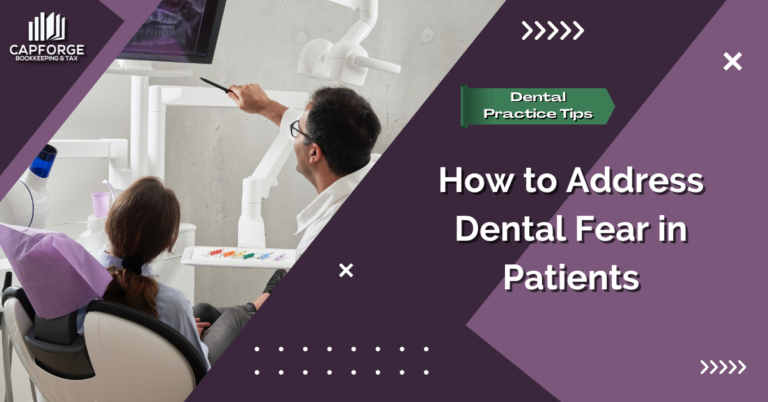
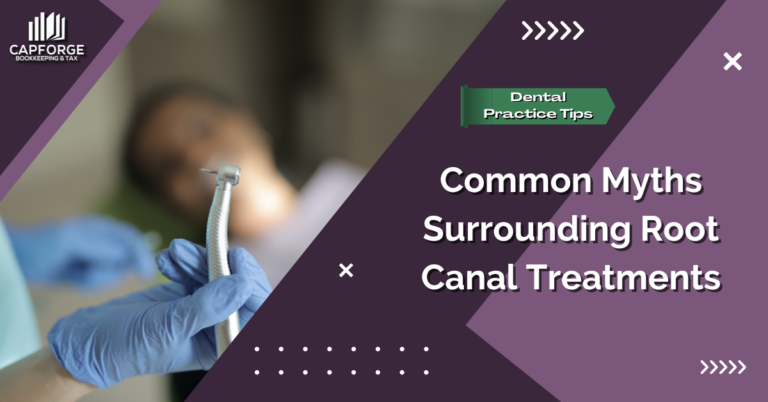
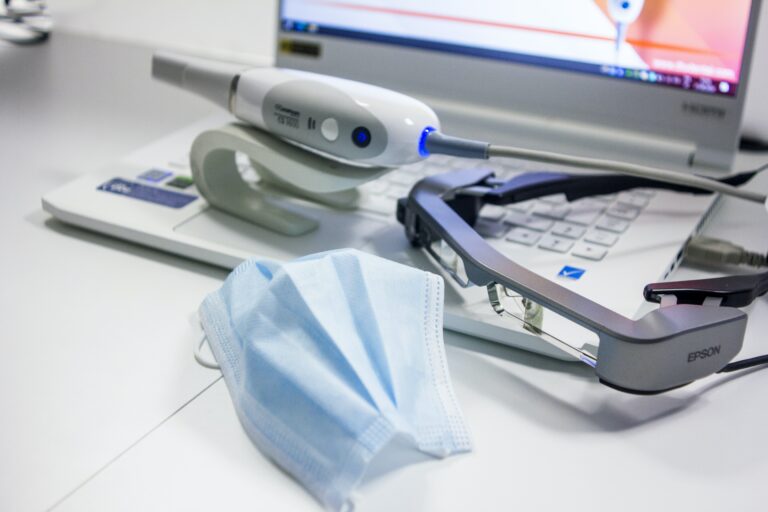
One Comment
Comments are closed.